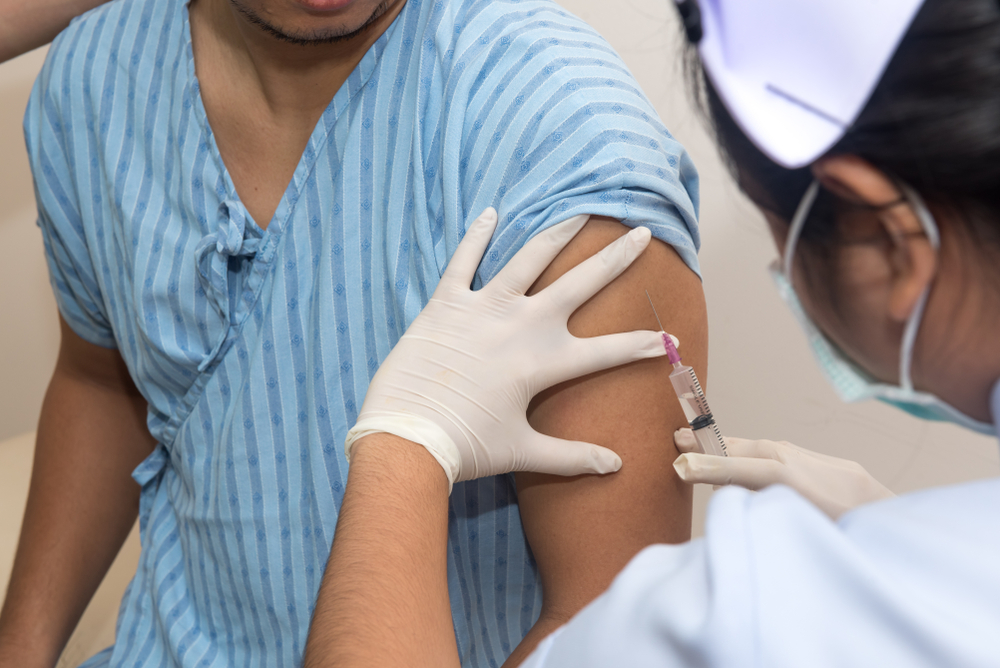An Indian biotechnology company on Wednesday announced its intention to conduct large-scale clinical trials and commercialise a Swedish-designed cholera vaccine to help fight persistent but unspoken outbreaks of cholera in India and elsewhere in the world.
The Hyderabad-based Bharat Biotech signed a pact with the New Delhi-based Hilleman Laboratories to accelerate the development, clinical trials and manufacture of the new candidate oral cholera vaccine mainly for supply to low and middle-income countries.
Senior Bharat and Hilleman executives said the initiative would seek to address a global shortage of cholera vaccines amid the persistence of outbreaks in several Indian states and across Africa. Cholera is a bacterial infection that causes diarrhoea and can kill untreated patients within hours.
Patients diagnosed in time and treated with antibiotics and other measures recover.
In India, the risk of cholera is the highest in Bengal, which, scientists say, is not surprising because Asiatic cholera strains have historically thrived in the Ganges delta. A 2017 research study had noted that 49 per cent of cholera cases in India over a five-year period were in Bengal.
Assam, Gujarat, Karnataka, Maharashtra, Odisha and Punjab have also had cholera outbreaks over the past decade. “The disease is still very much around — it’s just not spoken about because of the stigma,” said Krishna Ella, Bharat’s chairperson and managing director.
Ella said the cholera vaccine could be viewed as a key tool in the Narendra Modi government’s Swachh Bharat campaign that, among other objectives, seeks to improve levels of sanitation and access to clean drinking water.
Under the pact, Hilleman has licenced to Bharat the vaccine designed by scientists at the University of Gothenburg, Sweden. Hilleman has already established the vaccine’s safety and its capacity to produce an immune response through limited phases 1 and 2 clinical trials in Bangladesh.
Bharat now plans to conduct the larger phase 3 clinical trials, scale up the vaccine production process for commercialization, and seek a pre-qualification certification from the World Health Organisation to enable it to supply the vaccine through global funding agencies.
“This process could take three years, but our capacity to deliver 50 million doses a year will resolve the uncertainty over supply,” Ella said.
“We’re hoping this collaboration leads to an affordable vaccine that improves access to millions vulnerable to cholera worldwide,” said Davinder Gill, the chief executive officer of Hilleman.
The world currently relies on two suppliers for cholera vaccines — a South Korean company and an Indian firm — but the global demand for cholera vaccines is higher than the supply.
“There was a global demand for around 100 million doses in 2018, but a supply of under 20 million,” said Syed Khalid Ali, the director for clinical research and development at Hilleman.
Cholera infects an estimated 2.8 million people and causes around 95,000 deaths per year. A spate of cholera outbreaks had last year prompted what the WHO called the largest cholera vaccination drive in history.
More than 15 million cholera vaccine doses were used worldwide last year.
Scientists say cholera vaccines could also curb the widespread use of antibiotics that has contributed to the rise of multi-drug resistance microbes.










